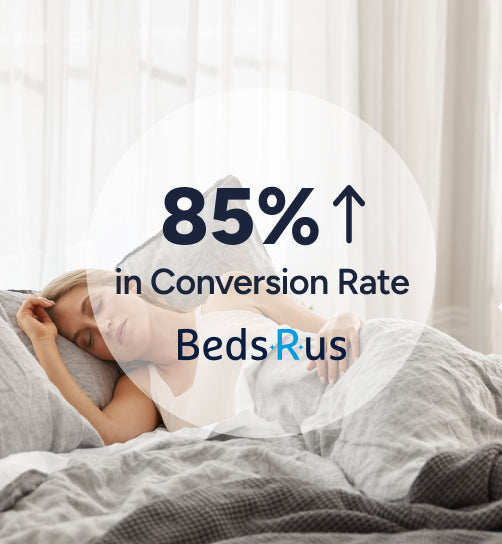Shopify vs BigCommerce. How do they stack up?

When brands embark on an eCommerce journey, whether it’s setting up their eCommerce storefront or upgrading to a new platform, making the right decisions can be the difference between success and failure.
Understanding the differences between major eCommerce platforms and why each one would be the right choice for your brand can be a big undertaking. It can feel overwhelming and confusing, and it is common to get caught up in comparing the finest of details. That’s why we think its important to step back and compare the big picture.
As Shopify Plus partners and Shopify Experts, we will always favour the Shopify platform. However, this doesn’t stop us from getting the question of why, and how does it stack up against other platforms.
The most common comparison between eCommerce enterprise solutions comes between Shopify Plus and BigCommerce Enterprise.
Here are the big picture comparisons you should be making when comparing Shopify and BigCommece.
Average Time to Build.
Shopify store builds average time sit at around two to four months. For Big Commerece a new build can be more difficult and time consuming, and can take longer than 4 months. On average people found Shopify 21% easier to use than BigCommerce. When you’ve got a big deadline coming and your site is taking longer than expected to build, what will you do?
Scalability
A platform that allows for long term scalability is key to future success. Take a look at how clients on each platform are growing. This will be a good indicator of how easy it is for a brand to scale. Shopify is built to help brands grow and makes scaling up simple. Shopify has unlimited bandwidth and doesn’t charge extra fees for increased inventory or traffic. Another good indication of scalability of a platform is by comparing share prices.
Shopify has been on the NYSE for over 5 years and its share price has significantly increased in the last 18 months. For BigCommerce who only joined the NYSE in August of 2020.


Automations
One of Shopify’s best features is their Shopify Flow automations, available for Shopify Plus users. With Shopify Flow, you can automate tasks and ideas in your store and across apps. You can create these automations in seconds with easy to use templates that you can use right away or customise. Automations from Shopify Flow help reduce manual tasks by filling the gaps between the apps and processes.

Payment Options
Shopify is the only eCommerce platform with its own payment gateway. Shopify Pay is an extremely powerful payment gateway that is easy to use for merchants and turns the checkout experience for customers into a seamless experience. Shop Pay has also recently been integrated with Facebook and Instagram so customers can checkout directly within the social platforms in a few taps. ShopPay is also rolling out its own ‘buy now, pay later’ option native within the Shopify Platform. Merchants using this will no longer have to fork out transaction fees to use one of the current big players in the ‘shop now, pay later’ game. This is a major advantage for merchants on Shopify.

Apps
Whilst a large majority of Apps are available to both Shopify and Big Commerce users, app developers tend to develop the apps for Shopify first and therefore are more powerful on the Shopify Platform.
Social Proof
When comparing eCommerce platforms it can help to check what reputable brands are using for their solution. Some of the biggest brands are using Shopify and Shopify Plus such as JB HiFi in Australia, and Staples in the US. Just goes to show the scale and enterprise-level capabilities of Shopify. It’s also very easy to see brands are growing rapidly on the Shopify platform demonstrating its power to facilitate scalability.
Innovation & Partnerships
It’s important to compare how innovative a platform is. How often are they announcing new product launches or upgrades, and what features do they have that impact the entire industry. Shopify really shines in this department. Shopify is often releasing new functionality that you just won’t find anywhere else, one of these is ShopPay which can be integrated within Facebook and Instagram. Shopify has also partnered with huge brands like Walmart and Tik Tok. Shopify is the first platform to integrate directly with Walmart.







